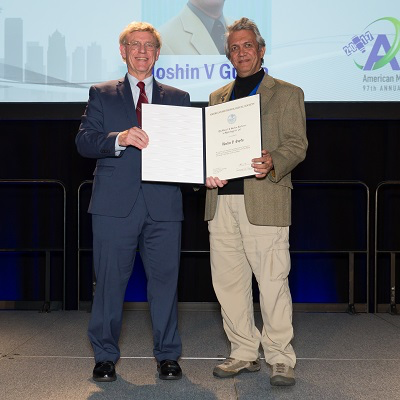
Researchers at Karolinska Institutet and Karolinska University Hospital in Sweden discovered that the hunger hormone ghrelin can boost the heart’s pump capacity in patients with heart failure in a clinical investigation. The findings were published in the European Heart Journal.
Millions of people worldwide live with heart failure, a condition in which the pump function of the heart is reduced, such as after a myocardial infarction or angina. In heart failure, the heart muscle is weakened, leaving the heart unable to pump the amount of blood needed to provide the body with sufficient oxygen and nutrients. Treatments are available that slow the progression of the disease, but there are no methods that directly increase the heart’s pump function.
Ghrelin is an endogenous hormone that has many receptors distributed in cardiac muscle tissues. It increases the appetite and stimulates the release of growth hormones. The researchers believe that its receptors are a promising target for enhancing the heart’s pump function.
“Heart failure is the most common cause of hospitalisation in older generations and is associated with a poor quality of life and high mortality,” says principal investigator Lars Lund, professor at the Department of Medicine, Solna, Karolinska Institutet, and senior consultant at Karolinska University Hospital. “If we can find ways to increase the heart’s pump function, we can potentially improve life quality and prognosis for these patients.”
In this double-blind study, 30 patients with heart failure at Karolinska University Hospital’s cardiology unit were randomly assigned to two groups, receiving either active treatment with ghrelin or a placebo given intravenously for two hours. The participants were followed up after two to five days.
After two hours’ treatment, the cardiac output (i.e. the volume of blood pumped by the heart in one minute) had increased by an average of 28 percent in the ghrelin group, which can be compared with a small reduction in the placebo group. The reason for the increase was that more blood was pumped from the heart per beat, as the heart rate remained unchanged or was even slightly slower. At the two- to five-day follow-up, the pump capacity was 10 percent higher in the ghrelin group compared to in the placebo group.
Source: ANI




Be the first to comment